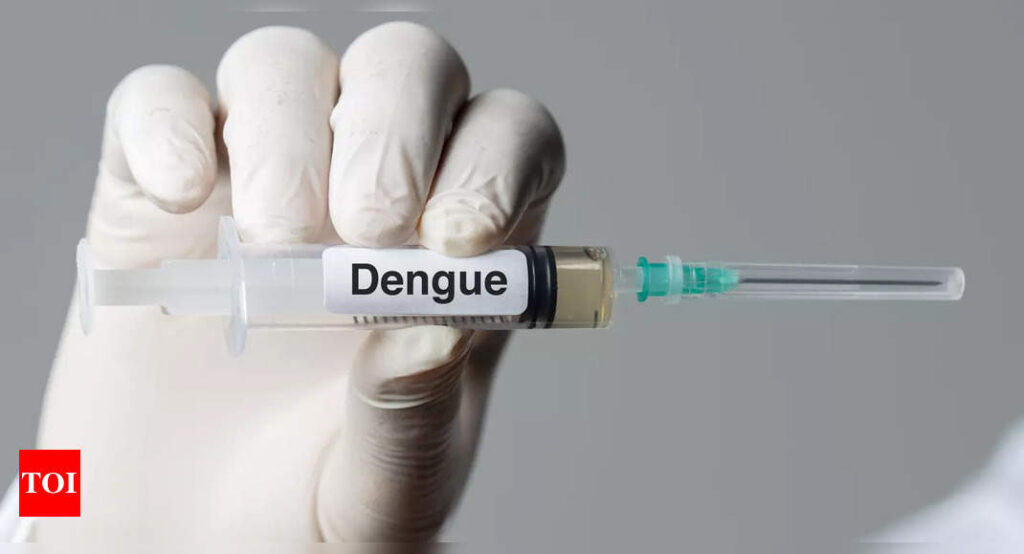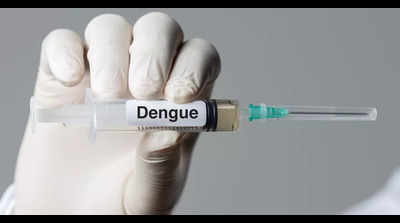Govt to take precautions to avoid dengue spike before transmission period | Goa News

Ponda: In 2024, the state saw 566 dengue cases, of which 234 were detected between Jan and June, before the normal transmission season for vector-borne diseases had set in. To reduce the number this year, the officials of the health services are focussing on areas inhabited by migrants to contain the spread of dengue, as these populations were found to be most likely to have improper storage of water, leading to increased mosquito breeding.
Last year, the majority of cases were reported from Siolim, Aldona, Chimbel and Candolim in North Goa, while in South Goa, bigger case loads were seen in Margao and Cortalim.
Added measures have been warranted as a spike in dengue cases was seen even before the transmission period of Jan to June in 2024. It was also mainly seen in the areas that had higher concentrations of migrant population.
“Dengue transmissions before the transmission period pointed at improper water storage practices especially among migrant labourers. We are going to those areas to create awareness,” said Dr Kalpana Mahatme, health officer in charge of the National Vector Borne Disease Control Programme.
Migrant workers, the official said, do not clean vessels used for storing water. Utensils are left uncovered, creating a fertile space for breeding of dengue mosquitoes.
Labourers returning after visiting their native states report to be unwell here. They either test positive for dengue or malaria, Mahatme said.
“When the monsoon recedes, mosquito breeding is accelerated due to water stagnation. Due to the recession of the monsoon in Aug, rainwater remains stagnant at most places, leading to the breeding of mosquitoes,” Mahatme said.
The emphasis has also been on source reduction drives, field inspections and asking people to keep their surroundings clean, she added. People should also change water, if they have flowerpots, as well as that of aquariums, at least once a week. Empty receptacles that collect water from air conditioners.
“We take all possible precautionary measures and want citizens to help to stop disease spread,” Mahatme further said.






